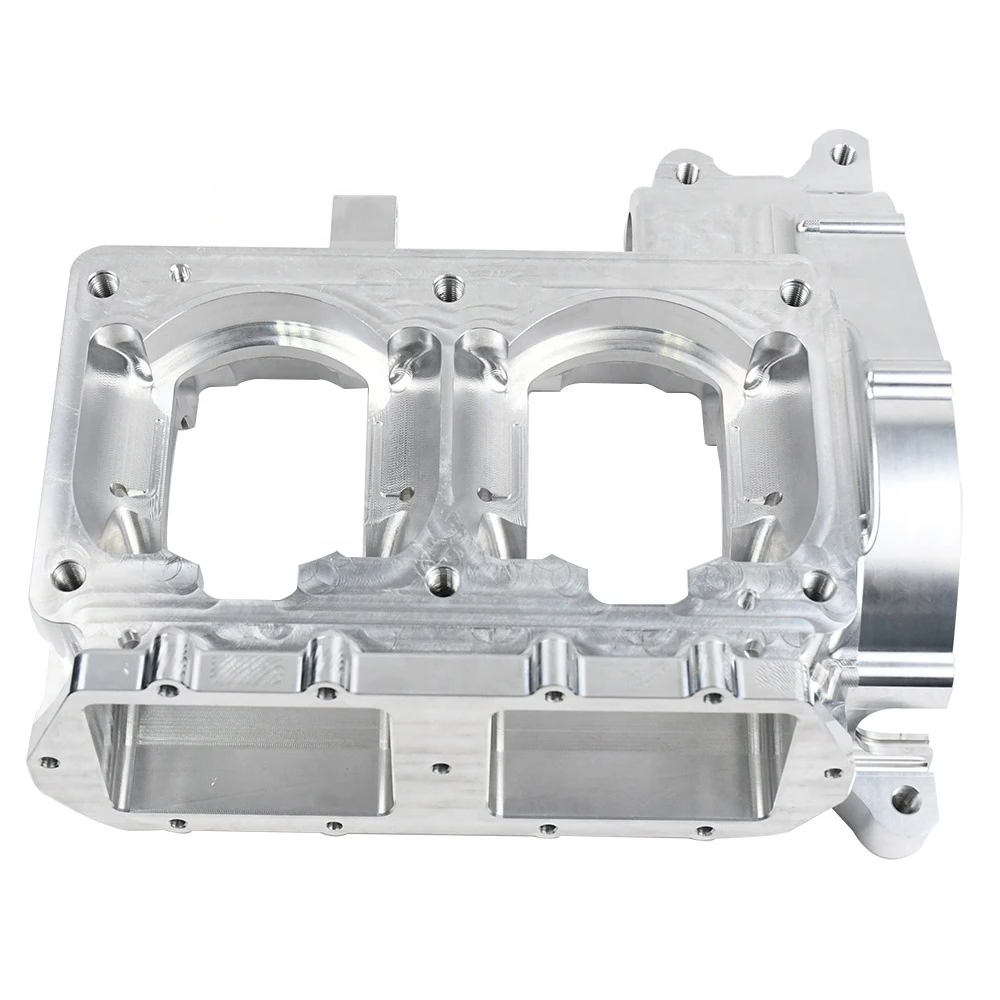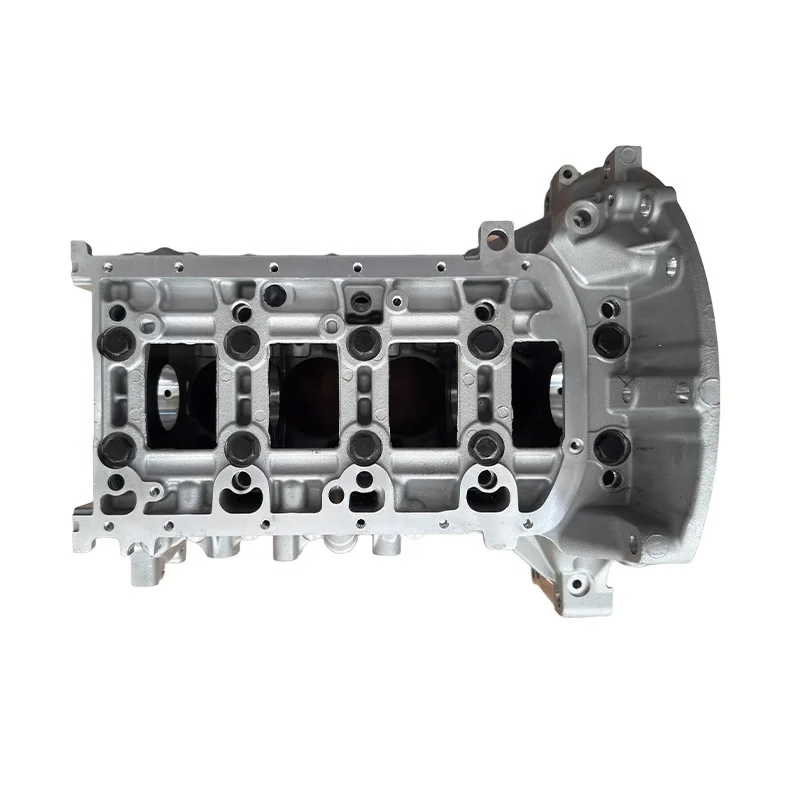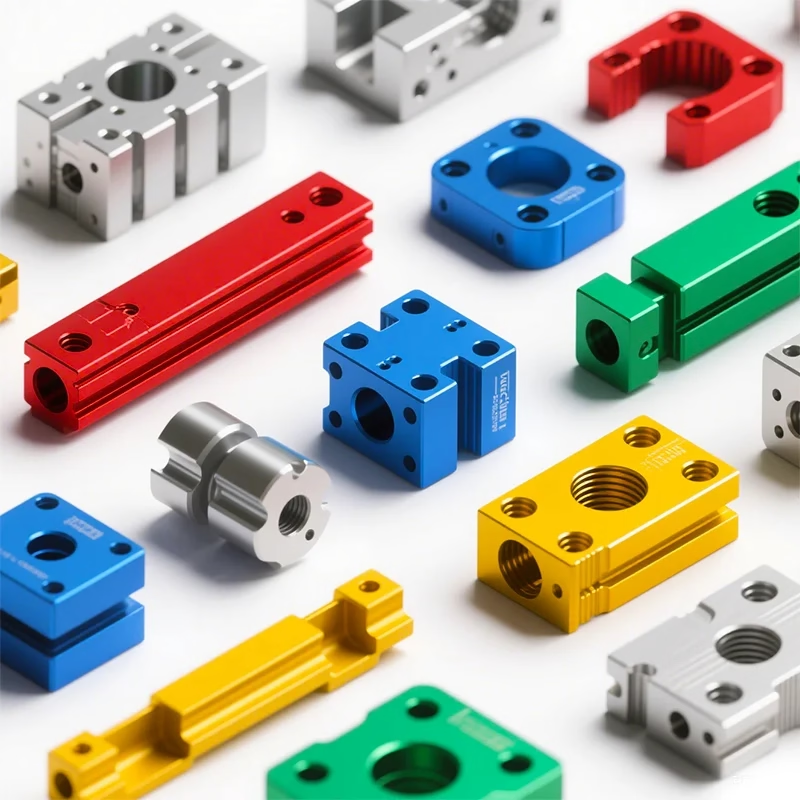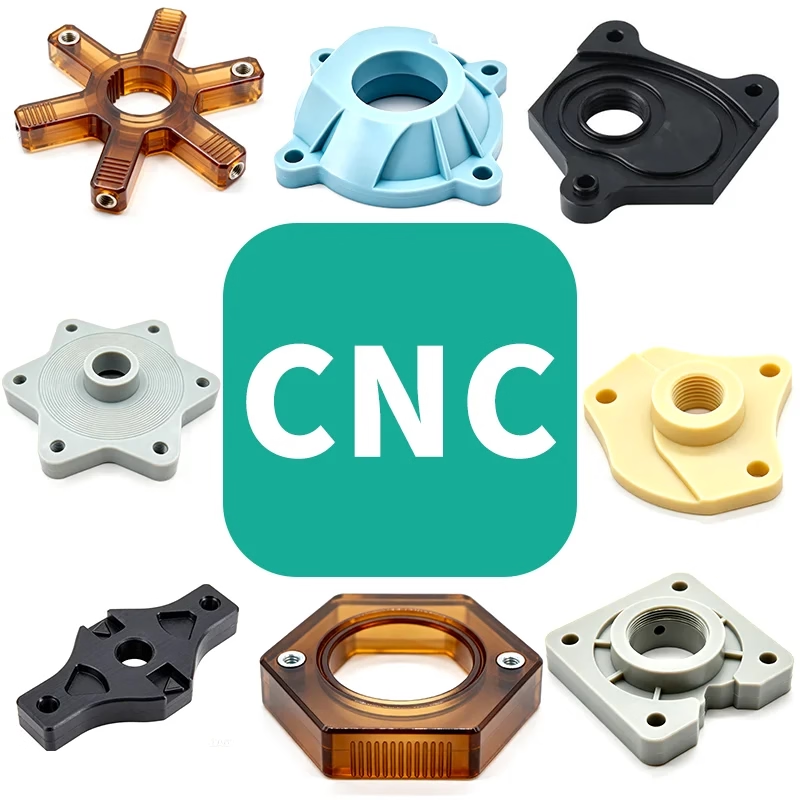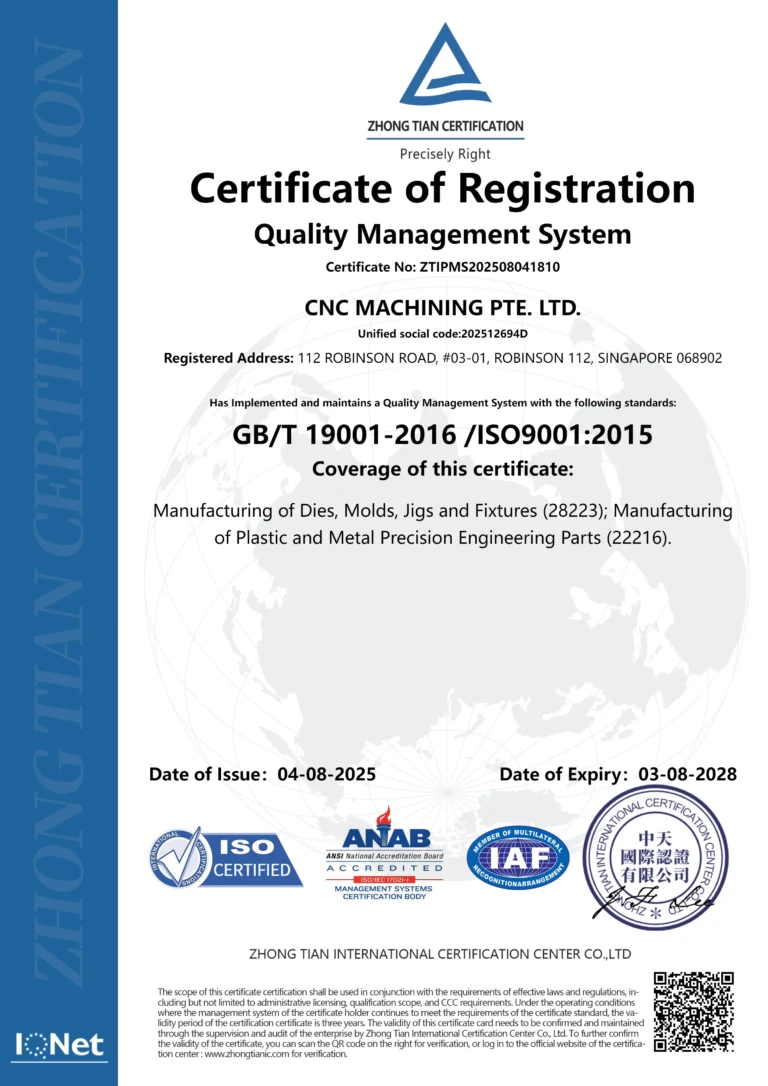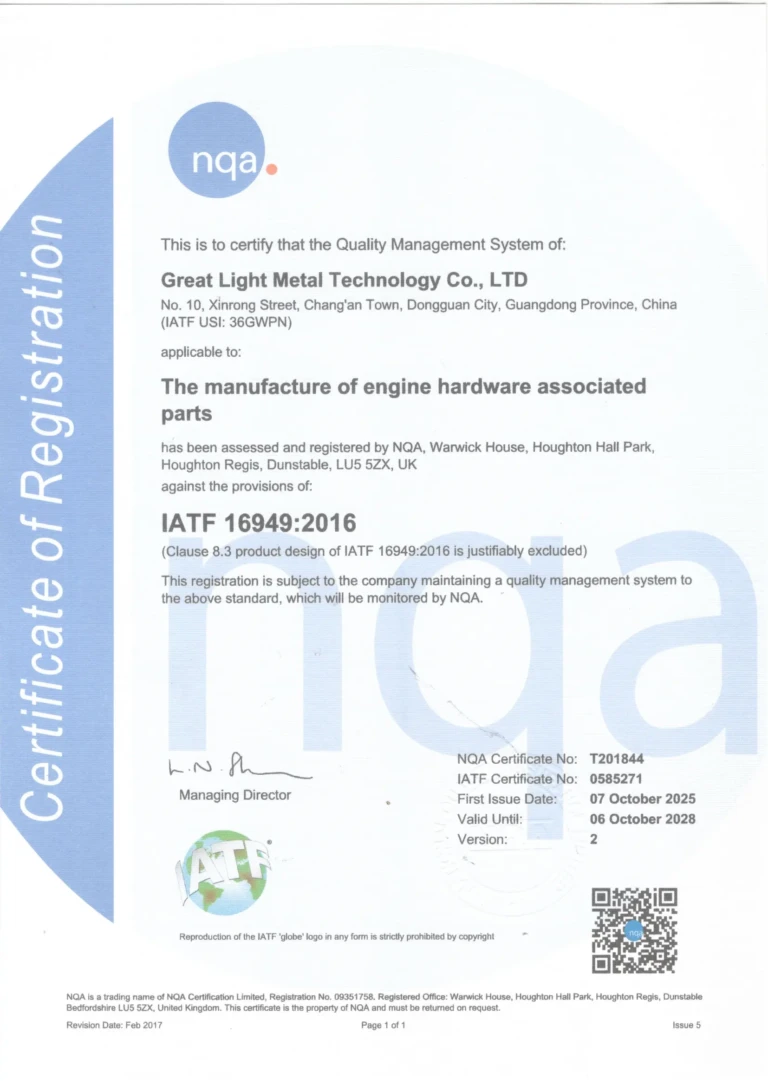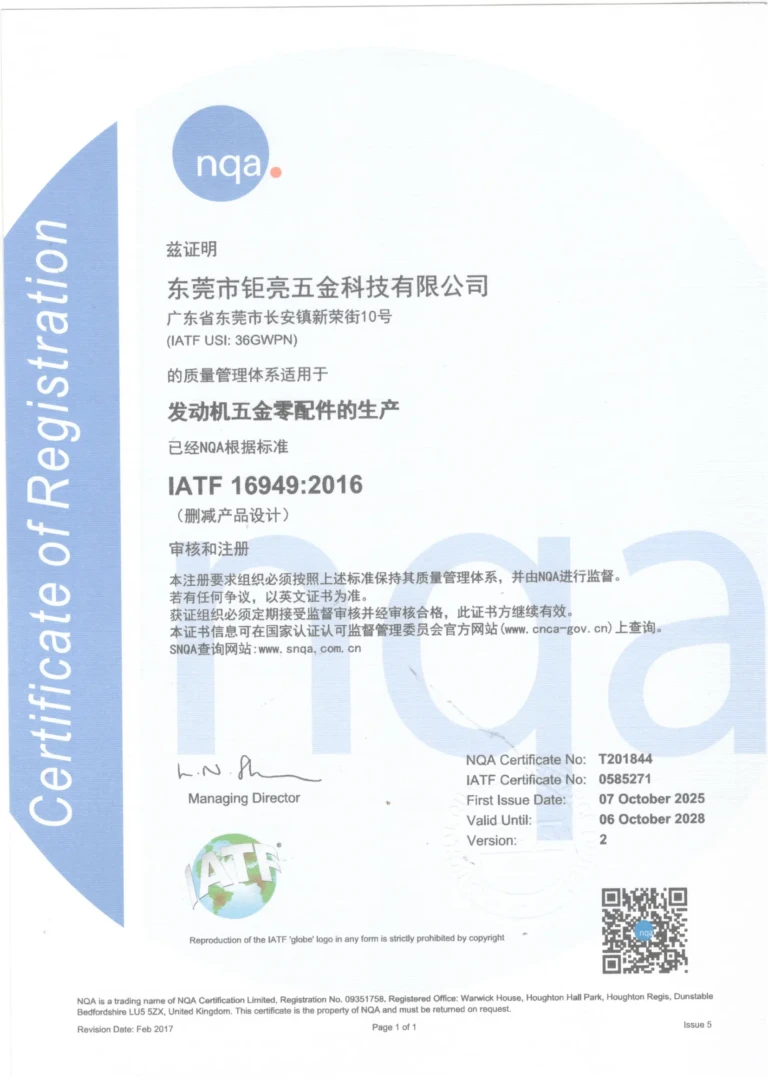As a beginner in the CNC processing industry, you must have an in-depth understanding of the basics and essentials of CNC workshops. CNC (Computer Numerical Control) workshops are where machines are controlled by computers and can carry out precise and efficient manufacturing processes. In this article, we will introduce the essential tools and equipment for CNC workshops to help you get started with your CNC machining journey.
CNC machine
The first and most critical equipment in the CNC workshop is the CNC machine itself. CNC machines are versatile and can perform various tasks such as milling, turning, drilling and grinding. There are different types of CNC machines, including:
- These machines are best suited for three-axis machining and are best suited for the production of complex shapes and cavities.
- Horizontal Milling Machine: Suitable for three-axis and five-axis machining, these machines are ideal for producing large, complex parts.
- Bending machines: These machines are used for turning operations and are ideal for producing cylindrical parts.
Tools and accessories
Proper tools and accessories are essential for CNC workshops. Some of the most important tools include:
- Cutting Tools: Finishing the mill, drill bits and saw blades are essential for cutting and shaping materials.
- Fixtures and Vises: Used to ensure accurate and safe operation of workpieces during machining operations, fixtures and vises.
- Coolant System: Cutting fluid and coolant are essential to prevent heat buildup during processing operations, reduce tool wear and improve surface finishes.
Safety equipment
Safety is crucial in CNC workshops. The following safety equipment must be available:
- Safety Glasses: Protect your eyes from debris, sparks and other potential hazards.
- Hearing Protection: Protect your ears from loud machinery and operations.
- Dust mask: Protect yourself from dust and debris generated during processing operations.
- Steel Shoes: Protect your feet from heavy machinery and falling objects.
Factory and Fixed
Proper labor and fixation are essential for accurate and effective processing operations. Some of the most important labor systems include:
- Vises: Used to safely hold workpieces during machining operations.
- Fixture: Used to protect workpieces during machining operations.
- Fixing system: used to secure the workpiece in place during machining operations to ensure accurate and accurate results.
Software and programming
Modern CNC machines require specialized software and programming to operate. Some of the most important software include:
- CNC programming software: used to create G-code programs for CNC computers.
- Simulation software: used to simulate CNC machining operations to ensure accuracy and efficiency.
in conclusion
In short, the CNC workshop is a complex and high-tech environment that requires an in-depth understanding of the tools, equipment and software used in CNC machining. By understanding the essentials of CNC workshops, you will be able to drive the world of CNC machining and start traveling as a professional CNC mechanic.
FAQ
Q: What is the most important equipment in the CNC workshop?
Answer: The CNC computer itself is the most important equipment in the CNC workshop.
Q: What types of CNC machines are available?
A: There are different types of CNC machines, including vertical milling machines, horizontal milling machines and rotating machines.
Q: What is the purpose of the coolant system in the CNC workshop?
A: The coolant system is used to prevent heat accumulation during processing operations, reduce wear on the tool and improve surface effect.
Q: Which safety equipment is crucial in a CNC workshop?
A: Required safety equipment includes safety glasses, hearing protection, dust masks and steel-toed shoes.
Q: What are the purposes of labor and fixation at the CNC workshop?
A: Proper labor and fixation are essential for accurate and effective machining operations to ensure firm fixation of the workpiece during machining operations.



